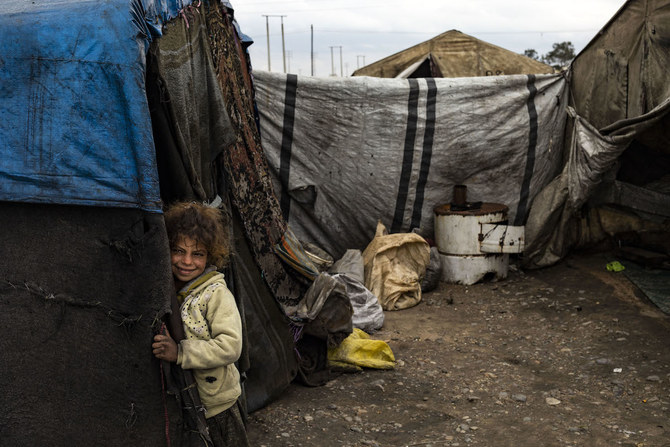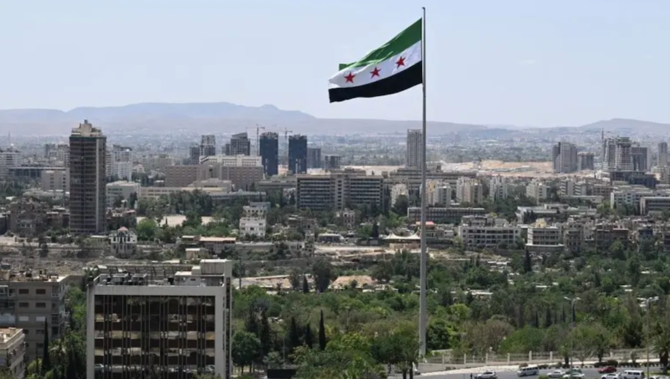The United Nations Office for the Coordination of Humanitarian Affairs has estimated that 1.8 million people have been forced into 1,420 camps within Syria since the start of the country’s civil war, which began 12 years ago this Wednesday.
The AFH found that 92 percent of 263 internally displaced households surveyed in north-western Syria had been made homelessness multiple times since the conflict started, the Guardian reported on Thursday.
Around two-thirds (64 percent) said they had moved between four and seven times, while 23 percent said they had moved eight or more.
The UK charity said that earthquakes in February had exacerbated the crisis, leaving an estimated 98% of Syrians living in camps without safe shelter.
“As a Syrian, the past 12 years have been heartbreaking for me. So many of our people have been killed, injured and lost their homes,” Hani Habbal, a frontline responder in northern Syria managing AFH humanitarian projects, told the Guardian.
He added that the earthquake then “destroyed or damaged their accommodation or made them feel that it was unsafe”.
“Many have lost their homes multiple times. When the war started, people were in places like Damascus, Dara, all across the country, and were displaced when the fighting came to their town or village.
“They fled for their lives to places like Aleppo, like Raqqa, to be displaced once again to places like Idlib, only to be displaced once again when fighting arrived there.
“In some extreme examples, people have had to leave their homes over 20 times. Can you imagine a life where you and your family have been forced to be homeless, in fear of your lives, four, five or six times? This is the reality for millions of people in north-west Syria.”
In November, the UN expressed concerns over deadly strikes at several IDP camps.
Meanwhile, the International Rescue Committee CEO David Miliband has criticized the international community’s “loss of attention” to Syria, the Guardian reported.
“Limbo is no lifestyle for millions in the north-west,” Miliband stated
“The earthquake in February was a reminder that a forgotten crisis is not a resolved crisis. It exposed the graphic truth about life for those left stranded by the war: they are at the mercy of events, trapped by circumstance and vulnerable to shocks, ” the IRC chief added.






















